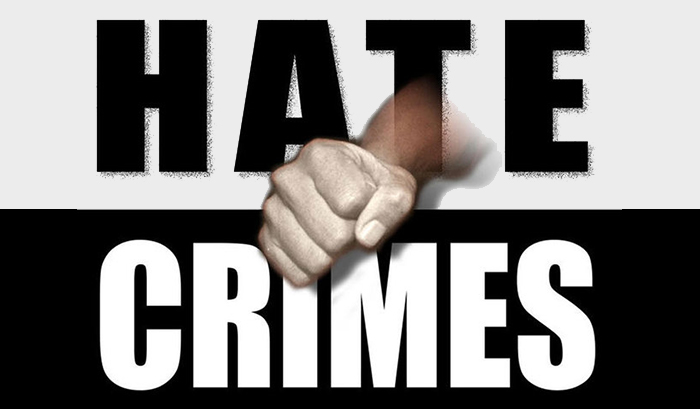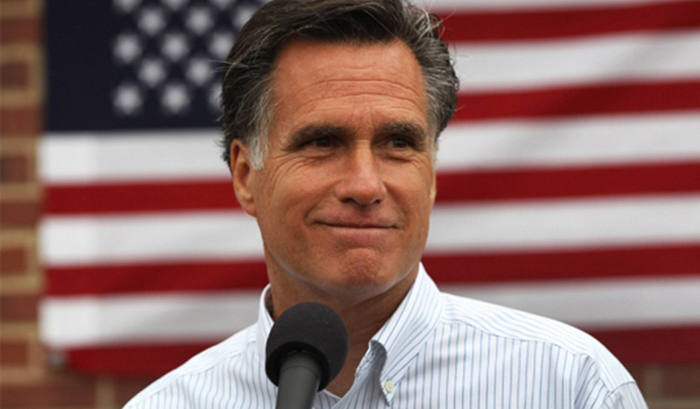[img]1|left|||no_popup[/img] When I was covering the Jewish community of Los Angeles, the second largest in America, in the 1980s and ‘90s, one of the most consistent rhythms was an invitation to an everloving interfaith dinner.
They arrived almost as frequently as the postman.
In my experience, Jews and Catholics came to this semi-hollow exercise for two opposing motivations.
Invariably, the hosts were liberal Jews who needed a GPS to find their nearest synagogue. They entertained Christians — usually Catholics — because they wanted to bray to outsiders about how religiously knowledgeable they were. Catholics seldom were the wiser.
In fact, the Jews did and do host interfaith events to affirm their Judaism, to have an outsider who cannot distinguish between Orthodox and Reform, observe what magnificent historical pillars of our society they are.
How Much I Know
For a similar reason, these same liberal Jews have made a career out of voting straight liberal tickets, not, primarily, to aid the downtrodden secondarily, but mainly to make themselves feel better for ostensibly helping the stragglers of society.
Catholics, in my experience, participate in interfaith events for far more noble, less selfish reasons.
They genuinely want to substantively improve their paucity of knowledge about Judaism.
For this reason, I would grudgingly concede that interfaith sessions are meritorious, but only for the receiver, not the giver.
Those thoughts were rumbling through my mind when I opened to page A-4 of this morning’s Los Angeles Times and saw a priest, well beyond his youthful days, making nice at a Jewish ritual.
Why, I asked myself, would an authentic priest, sincere in his love of Catholicism, experienced enough to have reached the late summer or early autumn of his life, participate in saying a prayer over challah, the specially prepared bread that observant Jews consume on Shabbat and on holidays?
Would I, a Jew, stand at the foot of a cross and join Christian colleagues in a somber Christian prayer — even in a sincere teaching moment?
Nonsense. No chance.
What Is the Point?
In two syllables apiece, these terms condense interfaith activities into its most distillably practical form.
Interfaith programs — as an idea, they sound as wholesome as Sarah Palin, as meritorious as Boy Scouts and as authentically collegial as Rodney King’s favorite observation.
I suspect most religious people are comfortable tucked away inside of their beliefs.
I have no fawning desire to learn about the rudiments of the kind of evangelism favoreds by Pentecostals. Or about the Methodist church.
Surely those of other faiths are wonderful people. They may even think people who believe as I do are assets to American society.
Interfaith promotion is backed by the same vacuous people who think that interfaith marriages are wonderful because, my golly, Murgatroyd, the confused kids born of this union will derive the benefits of two great religions, one from each parent who thinks the opposite parent is daffy for believing the way he does.
Interfaith programs must have been dreamed up by the same under-exercised liberals who penned the redemption-free healthcare bill being pushed mightily by Whores for Obama through the U.S. Senate.
If the priest in the 4-column picture goes to bed tonight having memorized HaMotzi, the blessing over the challah, is he a better priest for that knowledge?
Does he think more kindly of those formerly mysterious Jews?
Whoopee, either way.
Nice, but not terribly practical, a coda for many liberal believers.







